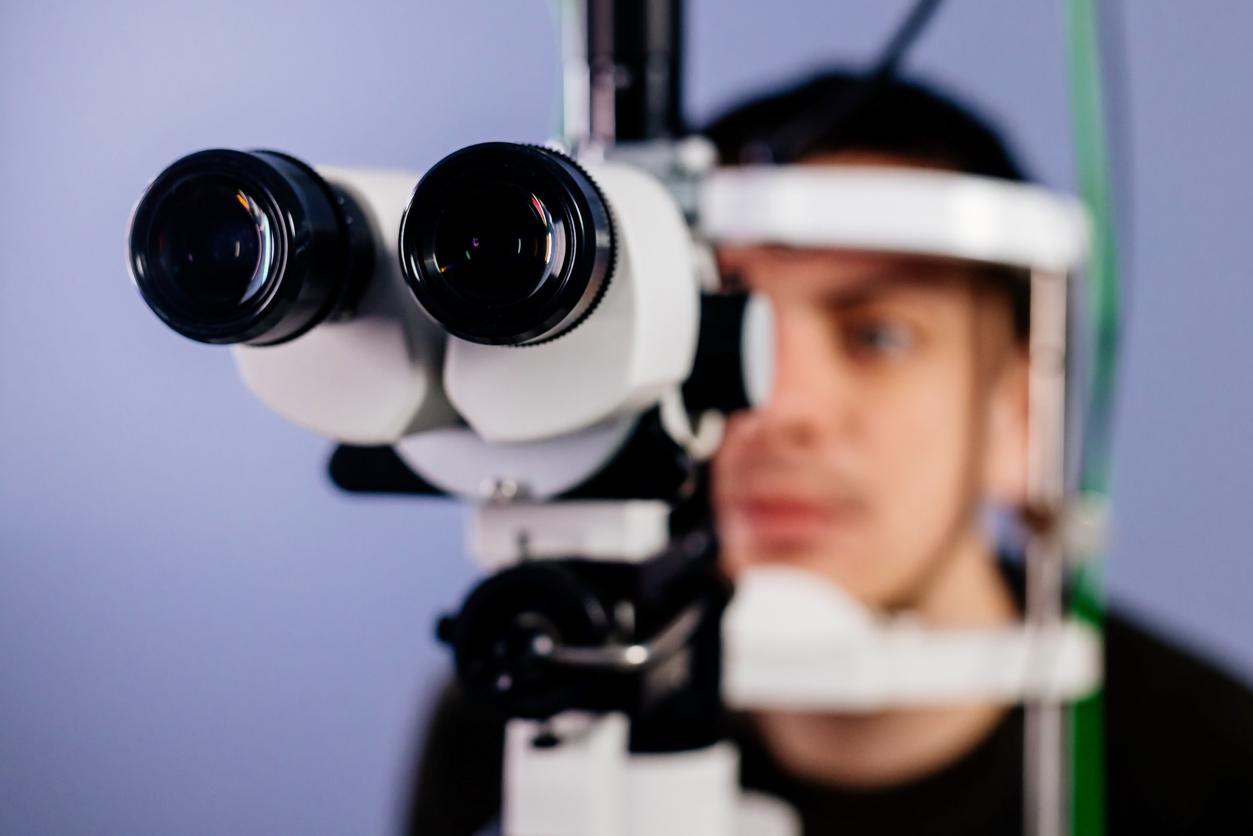
One glass of red a day is good for your heart – right? Or not then? Rob Bovens, senior researcher into alcohol addiction at the scientific institute Tranzo, separates the facts from the fables.
“Fables about alcohol arise because popular magazines often lack the nuances of scientific research. And: the simple truth is that people just want to drink. They selectively absorb information. They remember what suits them and ignore what they don’t want to know. Like the fact that alcohol is bad for your health.”
So says Rob Bovens, senior researcher at the Tranzo research institute (Tilburg University) and has been involved in alcohol addiction research for years. He was involved in government campaigns such as Booze destroys more than you like and more recently IkPas.
According to Bovens, the following also applies to people over 50: “As the years go by, the body will process alcohol less easily. This is because the aging body changes. Due to the decrease in body water and an increase in body fat, plus a reduced function of the liver, people have a lower tolerance for alcohol and a faster intoxication. That results in organ damage relatively sooner.”
What do people notice about this in practice? “They are less resistant to alcohol. This applies even more to women in the menopause, because hormonal changes are taking place. This will improve after the transition.” That’s a fact. Below Bovens discusses more facts and fables about alcohol and health.
fable “One glass of wine a day is better for your health than not drinking”
“This is often said based on perhaps the most highly cited study on alcohol and health by University of Calgary Paul Ronksley in 2011. But this study was wrong. Firstly, the results only applied to a limited group of participants: men aged 40 to 50 and women immediately after the menopause, who also ate a very healthy diet. And more importantly: the control group – ie the people who did not drink – turned out to have many ex-alcoholic addicts. They still lived an unhealthy life, had lived an unhealthy life or were on medication where you are not allowed to drink. That distorted the picture.”
fable “Alcohol stimulates a good sex life”
“Perhaps alcohol induces the lust, because you loosen up. But in principle you perform worse in bed with alcohol.”
fable “Alcohol is good for heart and blood vessels”
“It used to be claimed, but more recent research shows that this statement is no longer tenable. Drinking a lot of alcohol can lead to high blood pressure, which greatly increases the risk of a heart attack, and it further increases the risk of heart arrhythmias.”
Fact (in part) “A glass of wine or beer relaxes”
“It can indeed help with the stress, at least the first glass. Alcohol is a dampening substance, so it also dampens unpleasant feelings such as tension. But if you continue to drink or use it regularly, you increase the risk of tension.”
fable “If you drink a glass during the day, you have an alcohol problem”
“Not by definition, but it is more nuanced. The point is: what role does alcohol play in your life? Do you need it to relax after a busy day? If you compulsively walk to the fridge every afternoon to grab a beer or pour a glass of wine – you may wonder why you are doing that.”
Fact/Fable (undecided) “Drink makes you demented”
“Science says that little alcohol protects against dementia and that excessive drinking has a harmful effect. But the last word has not yet been said. The combination dementia and alcohol is in any case not a good combination. If people who have dementia take one drink, they forget that they also had a drink shortly before, and again after that.”
Fact (in part) “Alcohol is a good nightcap”
“People who drink alcohol before going to bed do indeed fall asleep faster. We know this from our sleep study, in which participants keep a diary, among other things. They report that they fall asleep easily, only after that they often sleep more restlessly than without alcohol. They sleep lighter, wake up more often, have to go to the toilet several times.”
Fact “Alcohol increases the risk of cancer”
“That applies to various types of cancer. It does not matter what type of alcohol you drink: beer, red wine or spirits. The risk of breast cancer in particular increases, even with one glass a day. The digestive system is also a known danger zone. Gastro-liver-intestinal doctors will always ask about your alcohol consumption when you present with complaints. According to the World Health Organization WHO, there are 200 diseases in which alcohol plays a role to a greater or lesser extent.”
fable “Men have a harder time leaving their drink than women”
“Our research shows that women find it more difficult to cut down than men. Why? It is about the function that alcohol plays in their lives. In women, alcohol is more integrated into everyday life; a glass of wine ‘belongs’ to social activities. While cooking, having lunch with friends: these are things you already do. This often works differently for men; they usually drink at events that are not always or every day, such as watching football.”
Fact “The older, the more alcoholic”
“As the age increases, the alcohol consumption of the Dutch increases. Someone under the age of 25 drinks on average two to three times a week. That increases every decade. For example, people aged 65 and older drink alcohol on average five to six times a week. This is apparent from research among participants in IkPas.”
Click here for a subsequent article about reducing alcohol consumption!
Sources):
- Plus Magazine
















